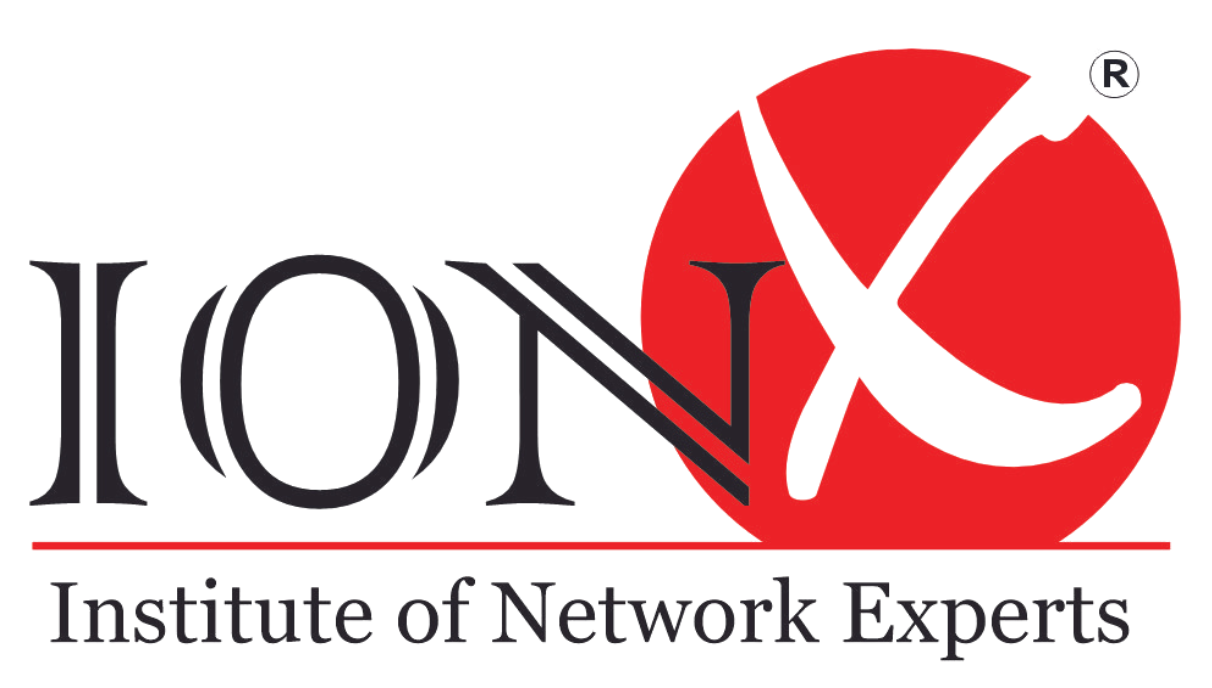Certified Cloud Tech & DevOps Expert in Ahmedabad Gujarat
"This Cloud Certification training will enable you to design, Deploy, Devlop and Automate the Cloud Platfrom implementations utilizing over 70 cloud computing services. The course is aligned with the latest AWS & Azure exam featuring Amazon designated best practices. "
Are you ready to take your career to new heights? IONX, Ahmedabad's leading DevOps training institute, offers the ideal platform to master the skills of the future. Our comprehensive IONX Certified Cloud Tech & DevOps certification program empowers you to excel in the dynamic world of technology.
Begin your DevOps Course journey by taking IONX Certified Cloud Tech & DevOps certification Program. Learn to apply DevOps and cloud computing concepts and leverage tools like Git, GitHub, Docker, CI/CD with Jenkins, Kubernetes, DevSecOps, serverless architecture, microservice architecture, Grafana, and more"
Enroll for Certified Cloud Tech & DevOps Expert Traning Free Demo Class
Request Demo Class
₹49000/- | $ 799/- Duration: 215 Days
[Note: Prices displayed are after Discount and includes GST]
Certified Cloud Tech & DevOps Expert Brochure
Architecture of Network,Web,Cloud & Security
Networking and Network Security Operations
Implementations of Network Automation
Understanding the Devnet
Linux for Automation
Amazon Web Services - AWS Solution Architect
Azure Cloud Essentials
Amazon Web Services - AWS Devops: Devlopment & Operations
Automation Capstone Live Projects
Detailed Syllabus of Certified Cloud Tech & DevOps Expert
Fundamentals of Operating Systems
Virtualization and Installation of Operating Systems
Working wtih Network Architecture
Working wtih Cloud Computing Architecture
Implement network security, standards, and protocols
Working wtih Web Architecture
Cyber Security Architecture Models
Working wtih Automation Architecture
Routing and switching ( RIP, OSPF, VLAN, STP)
IPv6 ( Subnetting, routing, etc)
LAN,WAN,MAN and CAN Architecture
Network Security ( DAI, DHCP Spoofing, Layer 2 security)
CISCO Cloud
CISCO Virtulication (network Virtulization)
For Further Details about CCNA: Click here
Network Automation Management
Traditional Methods for Network Management
Software Defined Network
SDN Controllers
Managing Traditional Networks
SDN - Imperative - Declarative Models
Application Programming Interface (API)
API Usage in SDN Networks
Understanding the Concepts of DevNet
Cisco DevNet Sandbox
Cisco DNA Center
REST-Based API
CHEF - Config Management Tool
Ansible - Config Management Tool
Encoding with JSON
Basic Linux Commands
Working with Files and Directories
Permissions and File Ownership
Package Management (e.g., apt, yum)
Introduction to Shell Scripting
Automating Tasks with Cron Jobs
Introduction to Git
Setting up Git Repositories
Basic Git Commands (git clone, git add, git commit, git push, git pull)
Branching and Merging in Git
Git Workflow for Automation
Using Git for Version Control in Automation Projects
Integrating Git with CI/CD Pipelines for Automation
Introduction to Cloud Computing
Getting Started with AWS and Azure Consoles
Identity and Access Management (IAM)
Compute Services
Networking and Connectivity
Databases
Monitoring and Logging
Security Essentials
Cost Management and Billing
Automation Basics
Overview of Azure.
Why to choose Microsoft Azure.
Managing Azure with the Azure portal.
Managing Azure with Windows PowerShell.
Overview of Azure Resource Manager.
Features of Azure Resource Manager.
Understand about multiple management native tools.
Different Azure deployment models.
LAB
Overview of DevOps Culture and Practices
AWS DevOps Tools: CodePipeline, CodeBuild, CodeDeploy, Elastic Beanstalk
Infrastructure as Code with AWS CloudFormation and Terraform
CI/CD Pipeline Setup and Configuration
Containerization and Orchestration: Docker and Kubernetes
Monitoring and Logging: CloudWatch, CloudTrail
Hands-on Labs: Jenkins Setup, Docker Containers, Writing Infrastructure Code
Build a Complete DevOps Pipeline (CI/CD, Infrastructure Automation)
Implement Security Measures (Monitoring, Alerts, and Auditing)
Technical Interview Preparation
Soft Skills Training (Communication, Resume Building, Job Search Tips)





